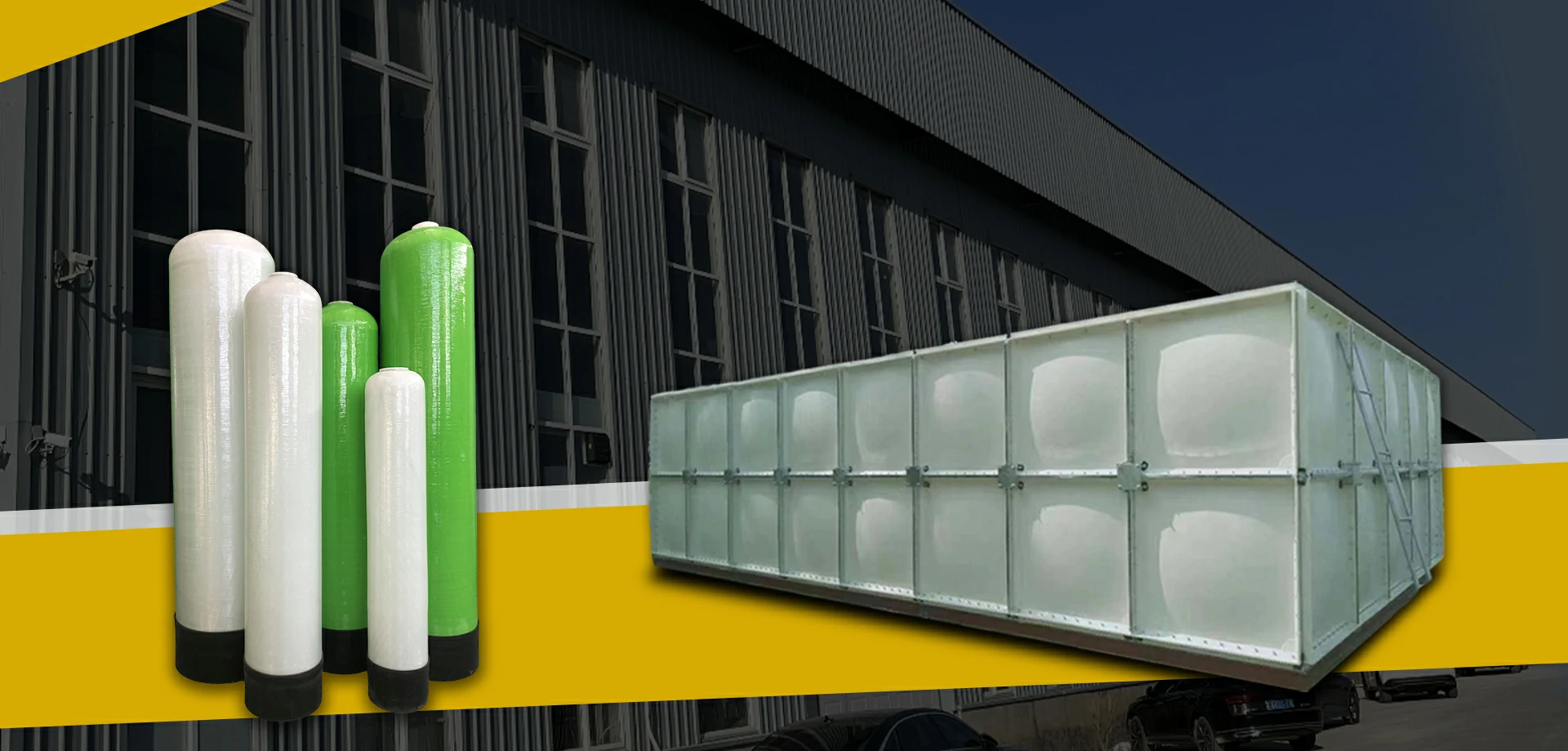loading...
- No. 9, Xingyuan South Street, Dongwaihuan Road, Zaoqiang County, Hengshui, Hebei, China
- admin@zjcomposites.com
- +86 15097380338
- Welcome to visit our website!
Designing Durable Bridge Deck Panels with Fiber-Reinforced Polymer Technology
The Advantages of FRP Bridge Deck Panels
In the evolving field of civil engineering, the integration of innovative materials is crucial for enhancing infrastructure longevity and performance. Among these materials, Fiber Reinforced Polymer (FRP) has steadily gained prominence, particularly in the realm of bridge decking. FRP bridge deck panels offer a range of benefits that address many traditional challenges associated with conventional materials like concrete and steel.
The Advantages of FRP Bridge Deck Panels
Corrosion resistance is another vital benefit of FRP bridge deck panels. Traditional materials such as steel and concrete are prone to deterioration caused by environmental factors, including moisture, salt, and other chemicals. In contrast, FRP materials are inherently resistant to corrosion, making them ideal for use in harsh environments, such as coastal areas or locations with heavy de-icing chemical application in winter. This resistance enhances durability and reduces maintenance costs over the life of the bridge.
frp bridge deck panels

Another noteworthy attribute of FRP is its design flexibility. Engineers can tailor FRP panels' shapes and sizes to meet specific requirements, promoting innovative designs that can enhance aesthetic appeal and functionality. This versatility is particularly beneficial for architects and planners looking to incorporate modern design elements into infrastructure projects, which can improve community acceptance and enjoyment of the bridge.
Furthermore, FRP materials contribute to sustainability efforts in construction. By reducing the need for frequent repairs and replacements associated with corrosion and fatigue in traditional materials, FRP can lead to lower overall material consumption and reduced environmental impact over the bridge’s lifecycle. Additionally, many FRP products are designed to be recyclable, further decreasing their ecological footprint.
Although the initial costs of FRP materials may be higher than those of conventional materials, the long-term savings in maintenance, repairs, and extended lifespan generally outweigh these upfront expenses. Furthermore, as the technology advances and production methods become more efficient, the price of FRP products is expected to decrease, making them an even more attractive option for civil infrastructure projects.
In conclusion, FRP bridge deck panels represent an innovative solution to many of the longstanding issues faced in bridge construction and maintenance. Their unique combination of lightweight strength, corrosion resistance, design flexibility, and sustainability positions them as a leading choice for future infrastructure projects. As engineers and planners continue to embrace these advanced materials, they not only improve the performance of bridges but also contribute to a more resilient and sustainable urban landscape.
-
Why Choose a Galvanized Water Tank for Your Storage NeedsNewsMay.21,2025
-
The Strength and Durability of FRP GratingNewsMay.21,2025
-
The Importance of Water Treatment Systems for Clean and Safe WaterNewsMay.21,2025
-
The Advantages of FRP Rebar for Construction ProjectsNewsMay.21,2025
-
Say Goodbye to Hard Water with a Reliable Water SoftenerNewsMay.21,2025
-
Maximize Your Water Storage with a Sectional Water TankNewsMay.21,2025
-
The Power of Filter VesselsNewsMay.19,2025
